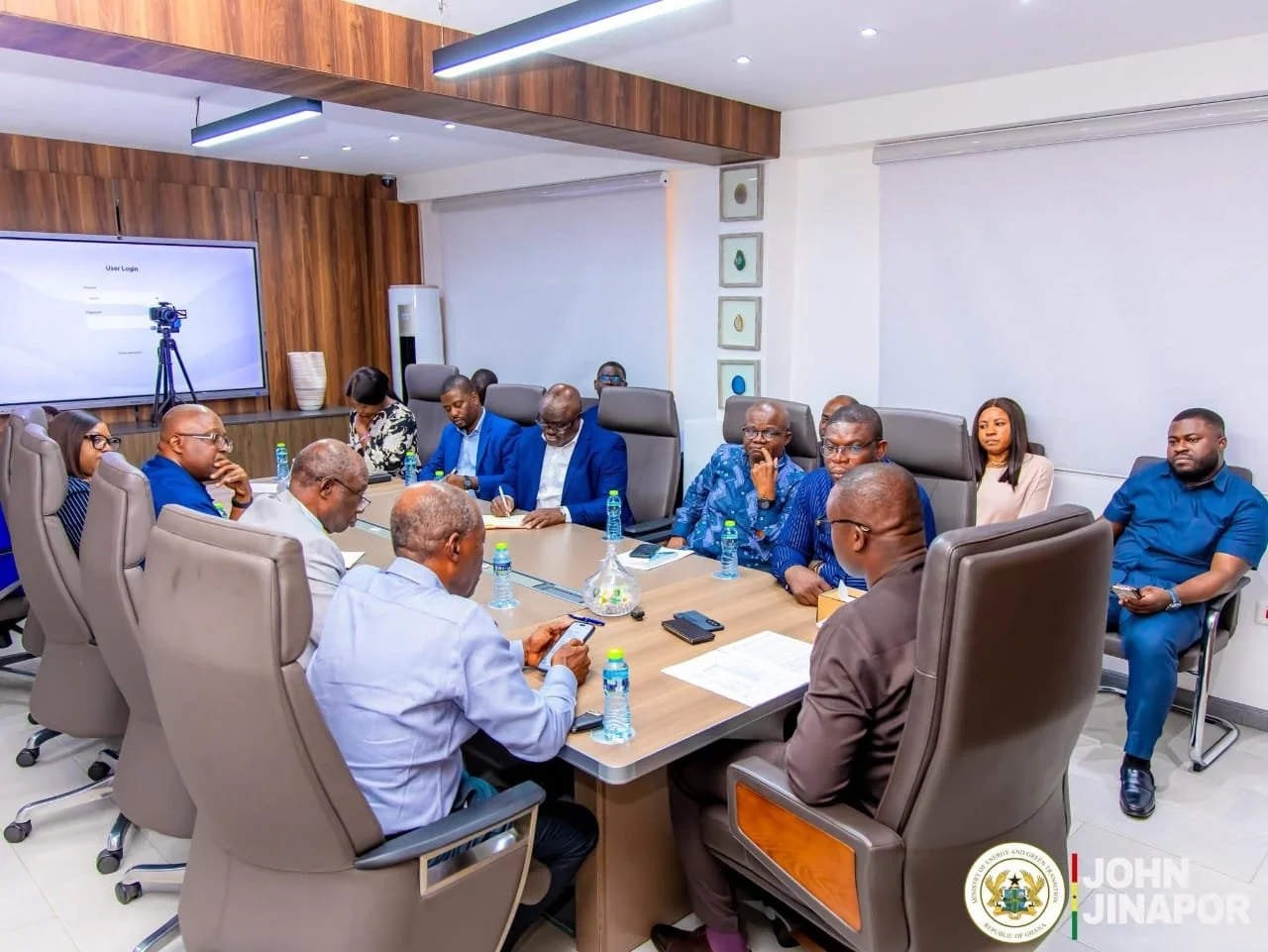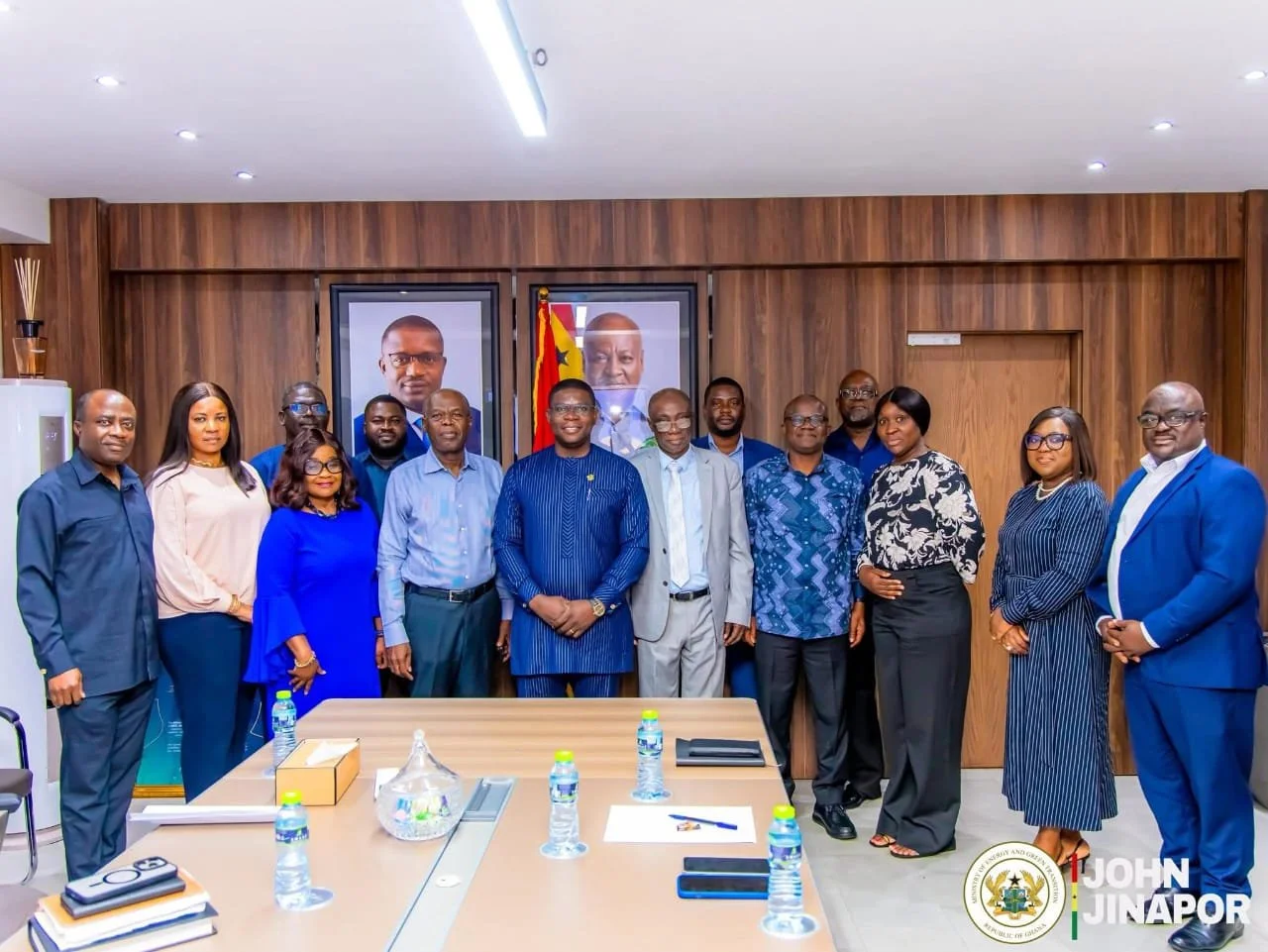Energy Minister Launches Legislative Review Drive to Strengthen Ghana’s Petroleum Sector
Accra, Ghana | August 19, 2025 – Energy Minister John Abdulai Jinapor has inaugurated an Upstream Petroleum Legislative Review Committee to spearhead reforms in Ghana’s upstream sector. The committee will assess existing legal and regulatory frameworks, identifying areas for improvement to ensure efficiency, transparency, and sustainable management of the country’s petroleum resources.
The announcement comes at a pivotal moment for Ghana’s energy industry. Earlier this year, the country achieved a major milestone with the Eban-Akoma Declaration of Commerciality, confirming new reserves that expand its upstream portfolio and reinforce investor confidence. Ghana’s upstream growth is being matched by intentional institutional reforms, signaling a strategy that prioritizes both output and governance.
The Energy and Green Transition Minister Hon. John Jinapor has also taken steps to strengthen collaboration with industry players, recently convening stakeholders to address laycan bottlenecks and improve efficiency in downstream operations. These engagements reflect a coordinated approach to managing the petroleum value chain, where bottlenecks are addressed proactively to sustain investor trust and market stability.
Policy direction is also being shaped by the recognition that petroleum revenues must deliver broad national benefits. Past strategies, such as the “Big Push” development plan, envisioned channeling oil proceeds into infrastructure and industrialization. Today, the new review process is designed to ensure that legislative and regulatory frameworks support this ambition, aligning petroleum governance with long-term national development priorities.
At the same time, Ghana is accelerating its urgent push for oil production to maximize returns from existing discoveries. By pairing output expansion with institutional reform, the government aims to create a balanced system where efficiency and transparency attract global capital, while revenues fund critical economic transformation.
The establishment of the Upstream Petroleum Legislative Review Committee, therefore, marks more than a regulatory exercise. It signals Ghana’s intent to consolidate its status as a credible and competitive petroleum hub—one that can responsibly harness hydrocarbons while preparing for the demands of the global energy transition.
With new reserves declared commercial, reforms underway, and downstream bottlenecks being resolved, Ghana is sending a clear message: its petroleum sector is not only open for business but also evolving with the governance strength required to sustain long-term growth.


